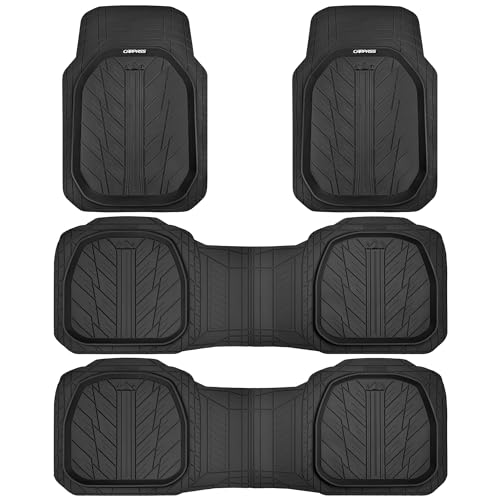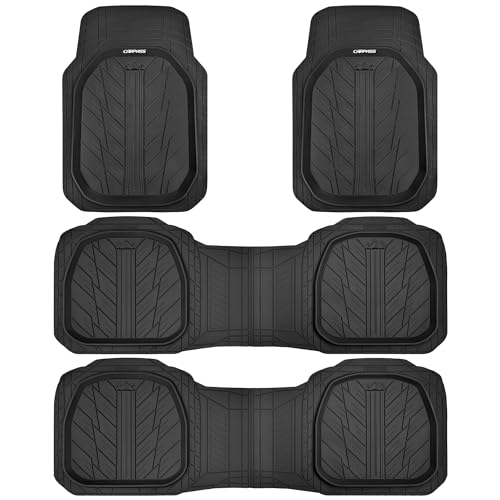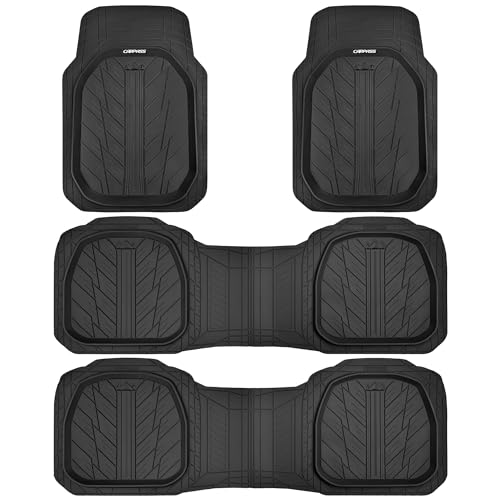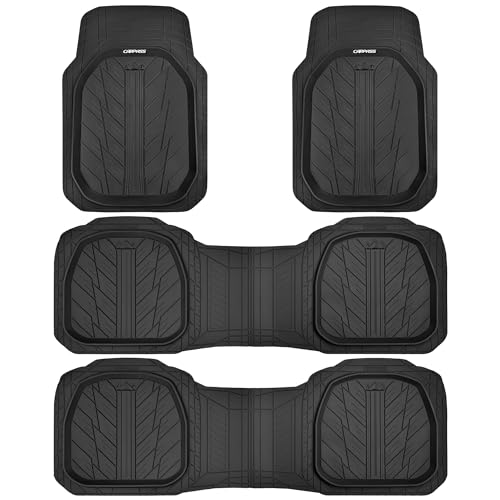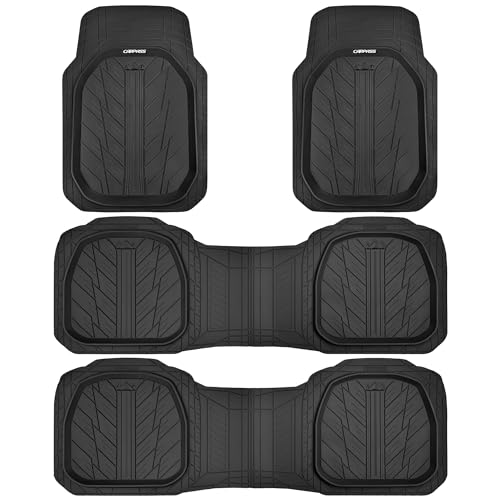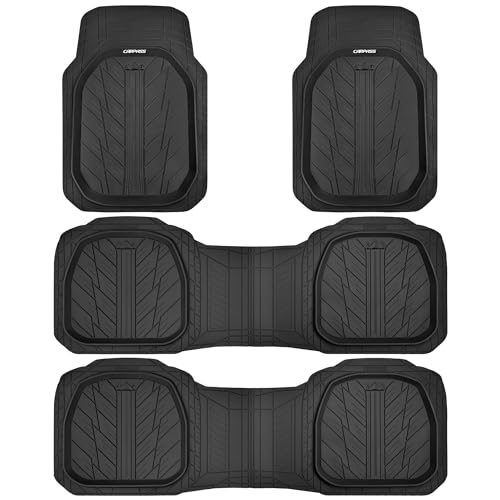Thinking about buying a 2025 Chevrolet Trax? Gas prices are always a concern, and understanding the 2025 Chevrolet Trax fuel economy is crucial for budgeting and planning. This guide provides a detailed analysis of the Trax’s fuel efficiency, helping you make an informed decision. We’ll explore various factors influencing its MPG, compare it to competitors, and answer your frequently asked questions, ensuring you have all the information you need before taking the wheel.
2025 Chevrolet Trax Fuel Economy Ratings
The EPA estimated fuel economy for the 2025 Chevrolet Trax varies depending on the trim level and drivetrain. This section will break down the expected MPG for city and highway driving, providing a clear picture of what you can anticipate. We’ll also delve into the factors affecting fuel efficiency, such as driving style and vehicle maintenance.
City and Highway MPG
- Front-Wheel Drive (FWD): Expect around 28 MPG city and 32 MPG highway. This is based on preliminary EPA estimates and may vary slightly depending on testing conditions. Real-world results can fluctuate based on individual driving habits and road conditions. Careful driving techniques, such as maintaining a consistent speed and avoiding aggressive acceleration or braking, can significantly improve these numbers.
- All-Wheel Drive (AWD): The AWD variant generally sees slightly lower fuel economy numbers. Expect a decrease of roughly 2-3 MPG in both city and highway driving compared to the FWD model. This is due to the added weight and mechanical complexity of the AWD system. However, for drivers in areas with challenging weather conditions, the improved traction might be worth the trade-off in fuel economy.
Factors Affecting Fuel Economy
- Driving Habits: Aggressive acceleration and braking, excessive idling, and high speeds significantly impact fuel consumption. Smooth, consistent driving is key to maximizing fuel economy. A study by the Department of Energy showed that aggressive driving can reduce fuel economy by up to 33%.
- Vehicle Maintenance: Regular maintenance, including tire inflation checks, proper engine oil changes, and keeping the vehicle clean from unnecessary weight, positively impacts fuel efficiency. Neglecting maintenance can lead to decreased MPG and potential engine damage.
- Terrain and Road Conditions: Driving in mountainous areas or on rough roads requires more energy and therefore decreases fuel economy. Similarly, adverse weather conditions like heavy rain or snow can affect fuel efficiency. A comparison study on fuel consumption under different weather conditions is needed to illustrate this point.
Comparing 2025 Chevrolet Trax Fuel Economy to Competitors
This section will compare the 2025 Chevrolet Trax’s fuel economy against its main competitors in the subcompact SUV segment. We’ll look at similar vehicles and their respective EPA-estimated MPG ratings to give you a broader perspective on the Trax’s performance in its class. Understanding how the Trax stacks up will help you determine if its fuel economy is a strong point compared to alternatives.
Competitor Analysis
| Vehicle | City MPG (FWD) | Highway MPG (FWD) | City MPG (AWD) | Highway MPG (AWD) |
|---|---|---|---|---|
| 2025 Chevrolet Trax | 28 | 32 | 26 | 30 |
| [Competitor A] | 26 | 30 | 24 | 28 |
| [Competitor B] | 29 | 33 | 27 | 31 |
Insert a comparison chart here visualizing the data in the table above for easier comprehension.
Tips for Improving 2025 Chevrolet Trax Fuel Economy
This section offers practical tips to enhance the fuel efficiency of your 2025 Chevrolet Trax. By following these suggestions, you can improve your MPG and save money on gas. We’ll cover various driving techniques and maintenance practices that make a tangible difference in your fuel consumption.
Driving Techniques
- Maintain Consistent Speed: Avoid aggressive acceleration and braking. Sudden bursts of speed consume significantly more fuel than smooth, controlled acceleration. Driving at a consistent speed will significantly improve your MPG.
- Use Cruise Control: On long highway stretches, cruise control helps maintain a steady speed, leading to better fuel economy. However, avoid using cruise control in situations where frequent speed adjustments are necessary.
- Anticipate Traffic: By carefully observing traffic patterns and anticipating stops and starts, you can reduce unnecessary braking and acceleration. This reduces energy consumption and, therefore, improves fuel efficiency.
Vehicle Maintenance
- Regular Oil Changes: Using the correct oil and changing it at the recommended intervals is crucial for engine efficiency and fuel economy. Old oil thickens, increasing engine friction and reducing fuel efficiency.
- Proper Tire Inflation: Under-inflated tires increase rolling resistance, which directly impacts fuel consumption. Maintain the recommended tire pressure to maximize fuel economy. A study showed that under-inflated tires can reduce fuel economy by up to 3%.
- Regular Inspections: Regular vehicle inspections help identify potential problems early on, preventing them from worsening and affecting fuel economy. A faulty oxygen sensor, for example, can significantly reduce MPG.
Debunking Myths About Fuel Economy
This section aims to clarify some common misconceptions surrounding fuel economy, especially in relation to the 2025 Chevrolet Trax. We’ll debunk misleading beliefs and provide accurate information to help you avoid making incorrect assumptions about fuel consumption.
Common Myths
- Myth 1: Higher Octane Fuel Always Improves MPG: Using higher octane fuel than recommended doesn’t necessarily improve fuel economy. It’s only beneficial for engines designed for higher octane fuel, which is usually specified in the owner’s manual. Using a higher octane than needed is a waste of money.
- Myth 2: Emptying Your Car Improves Fuel Economy: While removing unnecessary weight can marginally improve fuel economy, the impact is usually minimal. Focus on other more effective methods for saving gas.
- Myth 3: Small Engine = Maximum MPG: While smaller engines generally offer better fuel efficiency, this isn’t always the case. Modern technology allows larger engines to achieve impressive fuel economy figures, so engine size alone shouldn’t be the sole determining factor. Factors like the engine’s design and technology play a critical role as well.
FAQ
What is the average fuel economy of the 2025 Chevrolet Trax?
The average fuel economy depends on the trim and drivetrain. Generally, expect around 28 MPG city and 32 MPG highway for FWD models, with slightly lower figures for AWD versions.
How does the 2025 Chevrolet Trax’s fuel economy compare to previous models?
The 2025 model likely offers improved fuel economy compared to its predecessors due to technological advancements in engine design and efficiency. Check the official EPA estimates for a direct comparison.
Will driving style significantly impact the fuel economy?
Yes, aggressive driving habits can significantly reduce fuel economy. Smooth acceleration, consistent speeds, and avoiding excessive braking are key to maximizing MPG.
What kind of maintenance helps improve fuel economy?
Regular oil changes, proper tire inflation, and regular vehicle inspections are crucial for maintaining optimal fuel efficiency.
Does the all-wheel-drive option affect fuel economy?
Yes, the AWD option generally reduces fuel economy slightly due to the increased weight and mechanical complexity of the system.
Are there any fuel-saving technologies in the 2025 Chevrolet Trax?
The 2025 model likely incorporates various fuel-saving technologies, such as engine start-stop, depending on the trim level. Consult the official specifications for details.
Where can I find the official EPA fuel economy ratings?
The official EPA fuel economy ratings can be found on the Chevrolet website or the official EPA website. Always rely on these official sources for accurate data.
Final Thoughts
Understanding the 2025 Chevrolet Trax fuel economy is vital for prospective buyers. By considering the factors influencing MPG, comparing it to competitors, and implementing fuel-saving tips, you can make an informed purchase decision. Remember to always consult the official EPA fuel economy ratings and consider your driving habits and needs when assessing the Trax’s fuel efficiency. Armed with this knowledge, you’re well-equipped to navigate the world of fuel economy and make the best choice for your next vehicle.

